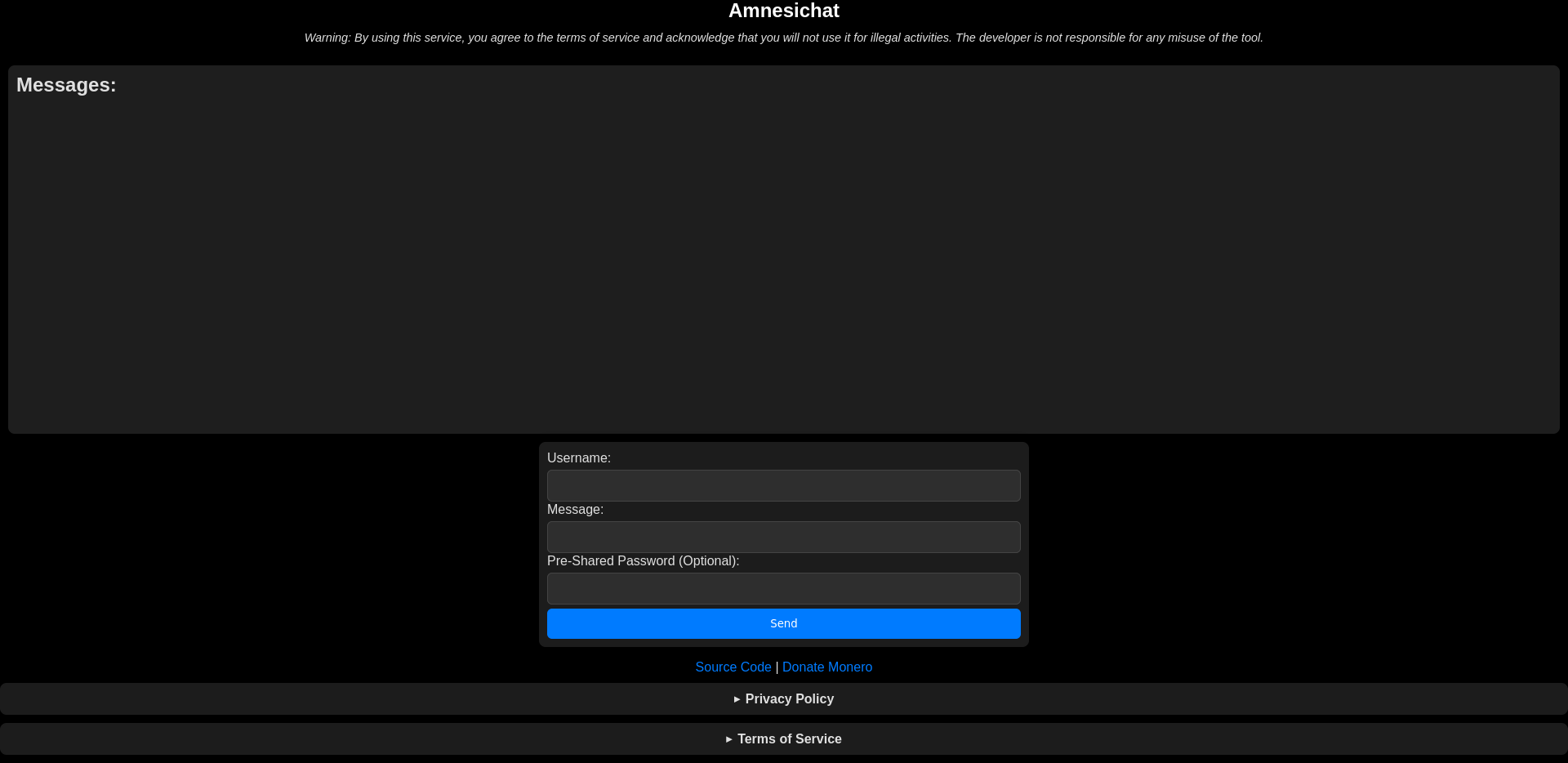I made this post, outlining my verdict about whether or not Chromium is more secure than Firefox. At the very end of the post, I noted "GrapheneOS did not respond to my requests for a comment."
Well, after weeks with no reply, they finally responded. I don't plan to do any more research about this topic, but this information is still incredibly valuable. Keep in mind the questions I asked the GrapheneOS team were created before I had done much research about the topic. Here are the questions and GrapheneOS's replies:
Does Firefox have isolation between tabs?
incomplete
Is Firefox's implementation of tab isolation as secure as Chromium's?
no, it's incomplete and their sandbox is significantly weaker across all platforms, but it varies based on platform
Firefox uses Fission to isolate embedded content from the main website. Is Fission used for tab isolation as well?
it's incomplete
Is Fission the main cause of concern about Firefox's security?
there are many ways in which it's less secure than Chromium, but the weak sandbox particularly that's entirely not implemented on Android is one of the main issues
Are there other reasons why Chromium is more secure than Firefox, besides Fission?
Chromium uses full garbage collection for a lot of the C++ objects, has much more hardened memory allocators for native allocation, has the V8 sandbox as another layer of security missing in Firefox before the OS sandbox, has much more fuzzing, auditing, etc. and much more modern exploit mitigations implemented too
Firefox is far behind in nearly every way and laid off a lot of their security people
Isolation of embedded content is important to prevent Spectre and Meltdown exploits, but is this actually something that an everyday user will be majorly affected by? It seems that, unless you are logging in through embedded content, there is far less risk associated with this from an everyday standpoint. Again, more security is obviously better, but is this as big of an issue as it's made out to be?
yes it impacts users because browser vulnerabilities are widely exploited in the wild and the OS sandbox is one of the main defenses against it, as is the V8 sandbox feature entirely missing in Firefox
Google heavily monitors for browser exploits and catches a lot of it happening in the wild
Mozilla / Firefox has little visibility into it
therefore, it's much more widely reported for Chrome but does not mean it isn't happening with Firefox regularly
Is Firefox less secure on Linux (besides Qubes, Tails, etc.) than other desktop operating systems?
Tails is not a hardened OS at all, that's a misconception about it, and it has nearly all the problems of desktop Linux
Firefox on desktop Linux has weaker sandboxing than elsewhere
on Android they haven't even implemented a content sandbox, although the OS provides an app sandbox around it as a whole but that's not the same thing
In which ways are Fission less secure than Chromium's Site Isolation?
it's not even completed yet, the issue is still open since not everything is isolated yet and there are known ways out
Does Brave provide the same privacy against fingerprinting as the Tor Browser?
Tor Browser's anti-fingerprinting is greatly overestimated and does not really work with JavaScript enabled, which it is for most users
Brave's is not strictly better or worse
neither anti-fingerprinting approach works well
Could you provide good resources for my article about the state of Firefox security on Android?
no, but it is awful, they don't even implement any content sandbox let alone site isolation, and have almost no exploit mitigations or anything implemented
Would it be easy for a developer to create a fork of Firefox for Android that uses isolatedProcess?
no, but it's easy for them to do it relative to doing it elsewhere
Would using isolatedProcess in Firefox fix isolation issues? If not, what would still need done?
no, but it would allow them to provide a content sandbox on Android and partial site isolation to the extent they implement it overall
Is there tab isolation for Firefox on Android? Is this as secure as Chromium's?
there's an incomplete implementation, and no, it's not nearly as secure aside from being incomplete

